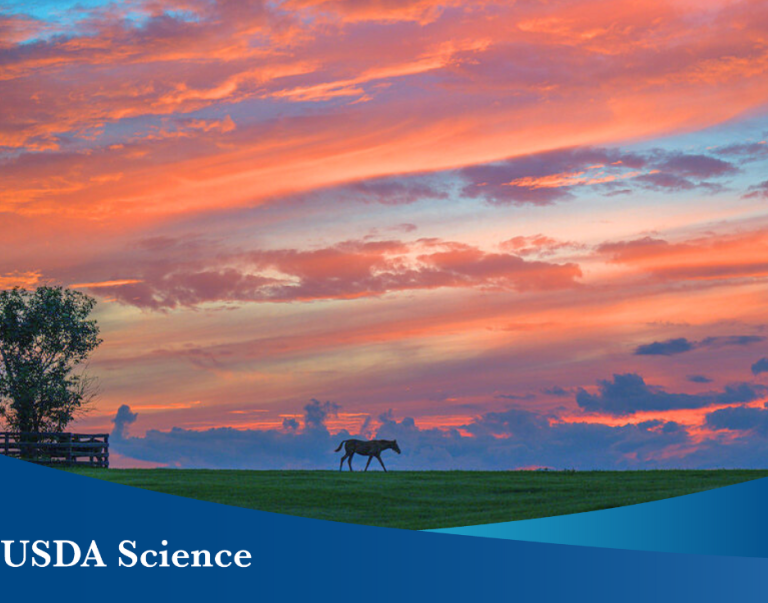WASHINGTON, Sept. 1, 2022 – The U.S. Department of Agriculture is extending a key funding flexibility in the WIC program that has allowed state agencies and their infant formula manufacturers to work together to provide more options for WIC families in need of formula. Under this flexibility – which is now extended through the end of October– USDA is covering the added cost of non-contract formula to make it financially feasible for states to allow WIC participants to purchase alternate sizes, forms, or brands of infant formula.
“USDA is committed to maintaining flexibilities to provide continued support to WIC families as the nationwide supply of infant formula recovers,” said Agriculture Secretary Tom Vilsack. “WIC families are counting on us, and while the supply of infant formula is improving, the extended flexibilities will make sure WIC families can find the formula they need for their babies.”
In general, WIC state agencies have contracts with one of three manufacturers to provide formula to WIC infants who are partially or fully formula fed. Using the new authority provided by the Access to Baby Formula Act, USDA recommended in May that state agencies that contract with Reckitt Mead Johnson (RMJ) or Gerber seek contract flexibility to allow alternate formulas if the contracted size, form, or brand of formula is unavailable. To help make this financially feasible, USDA is covering the additional costs of these alternate formulas while supplies remain impacted and will continue to do so through Oct. 31, 2022.
USDA also previously provided flexibility to temporarily allow alternate formula in states that contract with Abbott, the third formula manufacturer and the subject of the voluntary formula recall in February. Abbott is currently covering that cost difference through Oct. 31, 2022.
USDA’s Food and Nutrition Service continues to work tirelessly to ensure WIC participants and stakeholders have the information they need to keep infants fed and safe. Within hours of the recall, the agency provided guidance to WIC state agencies and offered flexibilities to help them respond. FNS continues to provide ongoing assistance and support to states so they can adapt to the situation as it unfolds, approving nearly 500 waiver requests to date.
Working closely with the Department of Health and Human Services, FDA, and the Biden-Harris Administration, recent USDA actions include:
- Coordinating cross-government to rapidly transport safe specialty and regular formula into the country through Operation Fly Formula.
- Providing a toolkit and guidance to WIC state agencies and stakeholders to assist with distributing imported formula.
- Calling on states to take advantage of all available WIC flexibilities and waivers that could help those they serve and providing extensive, tailored technical assistance to facilitate the process. Now, nearly all state agencies have applicable waivers in place.
- Extending infant formula waivers in WIC through December 31, 2022. These waivers work in concert with the funding flexibility extension announced today to provide flexibility for WIC state agencies to offer different formula products and waive certain medical documentation requirements.
- Providing guidance to Child and Adult Care Food Program operators that may provide formula to infants in their care to help them navigate the impacts of the shortage.
More information about USDA’s response can be found on Food and Nutrition Service’s Infant Formula Shortage Response webpage.
USDA touches the lives of all Americans each day in so many positive ways. In the Biden-Harris Administration, USDA is transforming America’s food system with a greater focus on more resilient local and regional food production, ensuring access to healthy and nutritious food in all communities, building new markets and streams of income for farmers and producers using climate smart food and forestry practices, making historic investments in infrastructure and clean energy capabilities in rural America, and committing to equity across the Department by removing systemic barriers and building a workforce more representative of America. To learn more, visit www.usda.gov.
#
USDA is an equal opportunity provider, employer, and lender.


